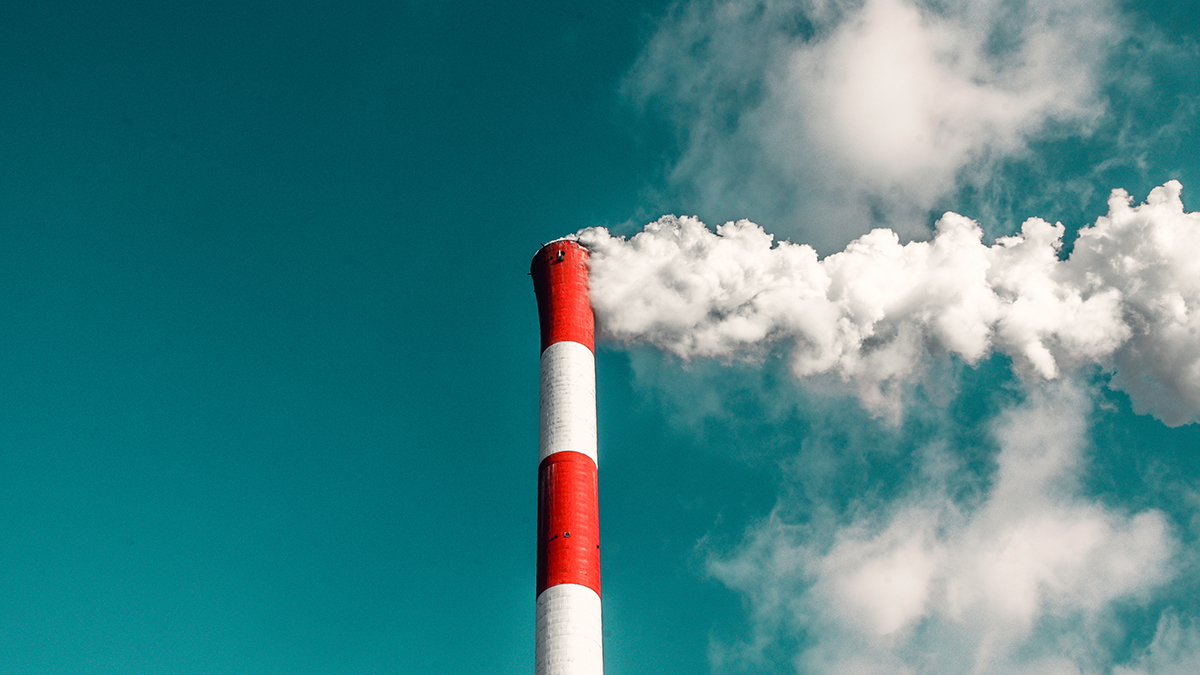 Supplied
SuppliedUCP leader Jason Kenney has made one policy promise clear to Albertans: If elected Premier in 2019, his first order of business will be to repeal the provincial carbon tax.
At the House of Commons Finance Committee earlier this month, Kenney lamented the supposed economic perils of carbon taxation. The Royal Bank of Canada, however, recently published findings suggesting that the carbon levy correlates with Alberta’s GDP growing by 7.8 per cent in 2017, the highest growth nationwide and Alberta’s personal best since 2003. Prominent economists such as Canada’s Ecofiscal Commission have consistently shown that carbon taxes are the most cost-effective way to reduce emissions and spur low-carbon economic growth. Finally, Alberta’s carbon tax rebates have actually provided a net income for most households.
Clearly, Kenney isn’t afraid to manipulate facts and use the carbon tax as his political piñata. But in doing so, he must face the impact of his anti-climate policy on international human rights. Climate change is no longer a special interest for tree-hugging hippies. In a post-Paris Agreement world, climate policies are intrinsically linked not only to economic growth but also to global poverty alleviation and human rights.
The Intergovernmental Panel on Climate Change recognizes that the most vulnerable groups affected by climate change have done the least to cause it. These groups include farmers fleeing drought in Sub-Saharan Africa, Pacific Islanders witnessing massive flood-induced land loss, and the Canadian Inuit witnessing their culture and identity erode alongside melting ice sheets.
Kenney’s assertion that Alberta-based industrial polluters should emit carbon freely, at the expense of the world’s most vulnerable communities, is an abhorrent example of international climate injustice. Albertans not only deserve a credible and equitable climate policy, but also one that is aligned with values dear to all Albertans: decency, integrity, and fairness.
Meanwhile, Alberta enjoys one of the highest per-capita greenhouse gas emissions in the world, at 65 tonnes of carbon dioxide equivalent (tCO2e) per person annually. The global average sits at a mere 5 tCO2e/capita, while those living in vulnerable East Africa areas emitting just 0.1 tCO2e/capita. When complaining about carbon taxes, Kenney often points to China as the fastest growing source of emissions. Even there a price on carbon pollution has been introduced, despite a relatively low emissions rate of 6 tCO2e/capita in 2015.
Albertans enjoy a high standard of living thanks to their carbon-intensive economy. As we enjoy economic gains that come with our province’s resources, the least we can do is pay for our pollution. Like taxing cigarettes, a price-setting regime on carbon is the backbone of any reliable climate plan.
Conservative leaders around the world, including British Prime Minister Theresa May and a group of U.S. Republicans, recognize that climate change isn’t a partisan issue, and are proposing carbon pricing to lower the taxpayer burden. Beyond climate justice, carbon tax revenue can incentivize economic diversification, protect the province against future climate risks, fund infrastructure projects like public transit, or simply replace income taxes. For any politician with Alberta’s best long-term interests at heart, these are legitimate concerns worth tackling.
Climate change inches closer to Alberta every day, with the province’s six most expensive environmental disasters occurring in the past decade alone. How dire will circumstances get before Kenney changes his mind? Albertans had better ask for change before it’s too late.




